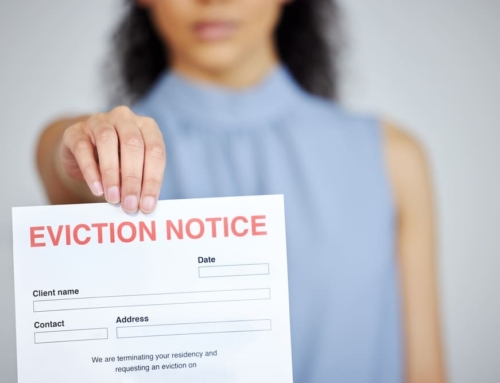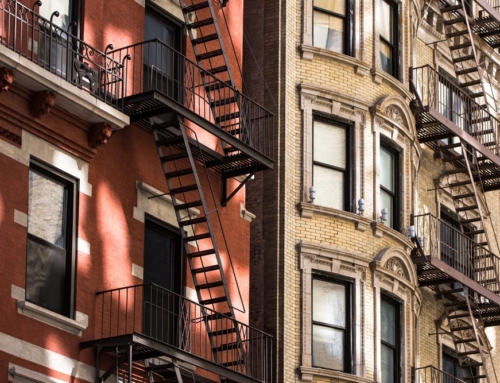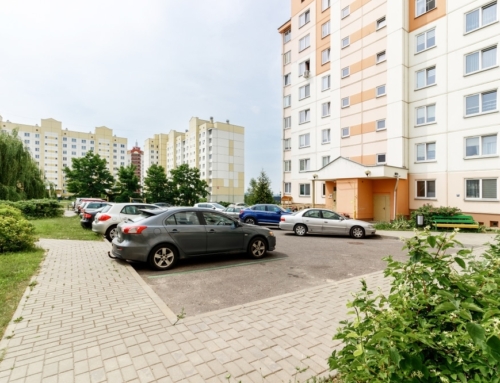As homeowners are struggling to sell their homes, some are instead turning to an alternative option: renting. In addition, more companies are swooping into the market offering to rent homes for struggling homeowners, and more investors are snapping up cheap properties in order to rent them out.
With so many new homes hitting the rental market, the idea of renting a single-family home has become more popular and more accessible for many potential renters. If you’re interested in renting a home, you’ll still need to go through the same search as you would to find an apartment—visiting potential homes, filling out applications, and letting your credit score be pulled. There are, however, some big differences as well.
Cost of renting a single-family home
Renting a home almost always costs more than renting an apartment in the same neighborhood. In exchange for higher rent, a home can offer more space and more privacy, and it may include other benefits like a backyard or a garage.
There are also more associated costs with living in a home. Because you have more space, your heating, cooling, and electric bills will typically be higher. You may also have to pay for water or trash disposal, which is usually included in the rent for apartment dwellers.
“Homeowners often pay for professional gardening, pool cleaning, and snow shoveling, and these costs can be passed on to their renters,” said Eric Gramberg, vice president rental division of Move, Inc., part of Realtor.com. “Depending on the area, some also incur a monthly homeowner’s association fee.”
Gramberg recommends that renters inquire about monthly maintenance costs and fees before they sign a lease, and that they make sure the lease clearly states who is paying each fee.
Maintenance for a single-family home
An apartment is probably the lowest-maintenance type of property in which you can live. While you are expected to generally keep an apartment clean and damage-free, you are not necessarily required to do any maintenance work in common areas or outside.
Renting a home requires much more maintenance. If the landlord does not have a service to take care of mowing the grass, maintaining the yards, or clearing snow off the driveway and sidewalks, you may be required to do these things.
Management of a single-family home
With a single-family home, the tenant-landlord relationship can vary. Oftentimes these homes have never been rented before and, as a result, may be rented out by people who have no experience as landlords.
If you are renting directly from the homeowner, you may or may not have a property manager. On the other hand, if you are renting from an investment company that bought the property, you are likely to have a property manager—one that may be managing several properties.
Make sure you know exactly how this tenant-landlord relationship will work. Who exactly owns the property? To whom are you sending your rent checks? Who is available to fix a broken toilet or to handle other problems with the property? Who is available in case of an emergency—if pipes burst or the heat suddenly shuts down in the middle of a cold winter night?
Be wary of landlords that live hours, cities, or even states away and who do not employ a property manager. How will the repair process work? Who will pay when something does go wrong?
The possibility of ownership
Apartments do not typically go up for sale unless the entire building switches to a condo building, and renters don’t usually have to worry about their homes going up for sale. With a single-family home, the owner may want to sell but may be waiting for the property to increase in value.
If you are renting a home, ask the owner about plans for the future of the property. If he or she plans on selling the home, it opens up the possibility of you buying it—and also gives you an idea of whether or not the landlord will want to show the home to potential buyers in the future. And keep in mind that an owner looking to sell in the near future may be concerned about potential damage to the property and may scrutinize the house more when you move out.




